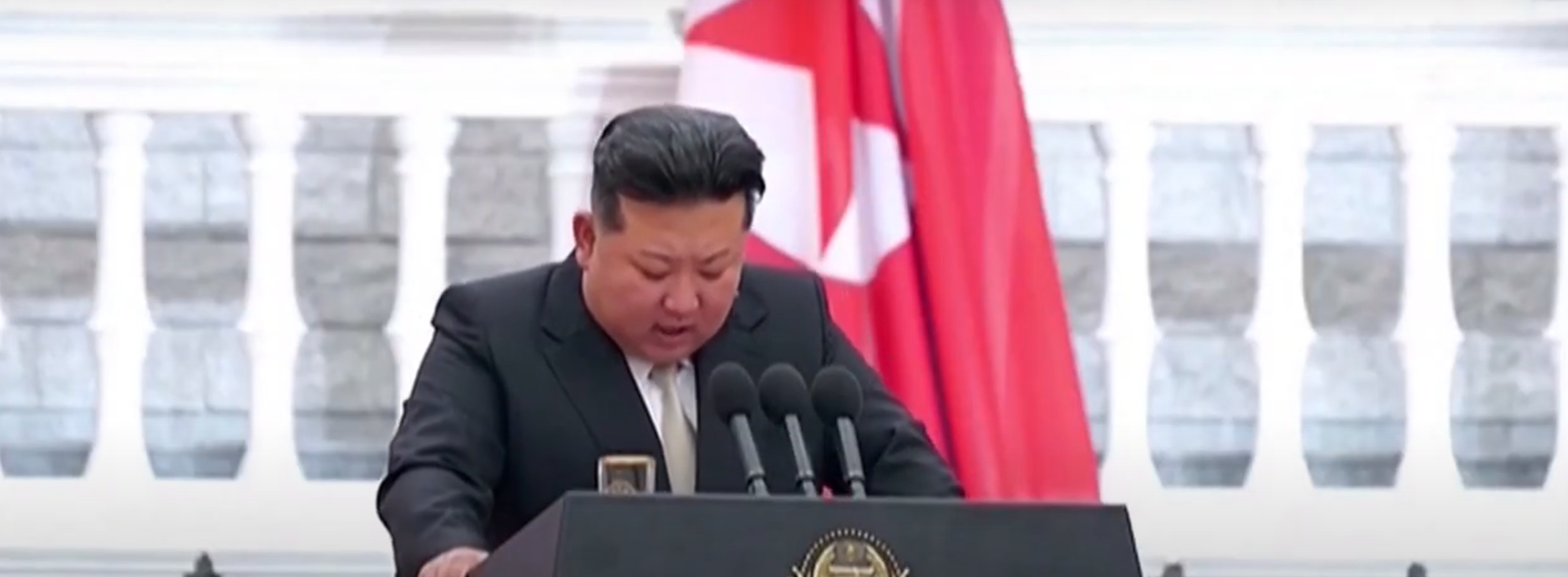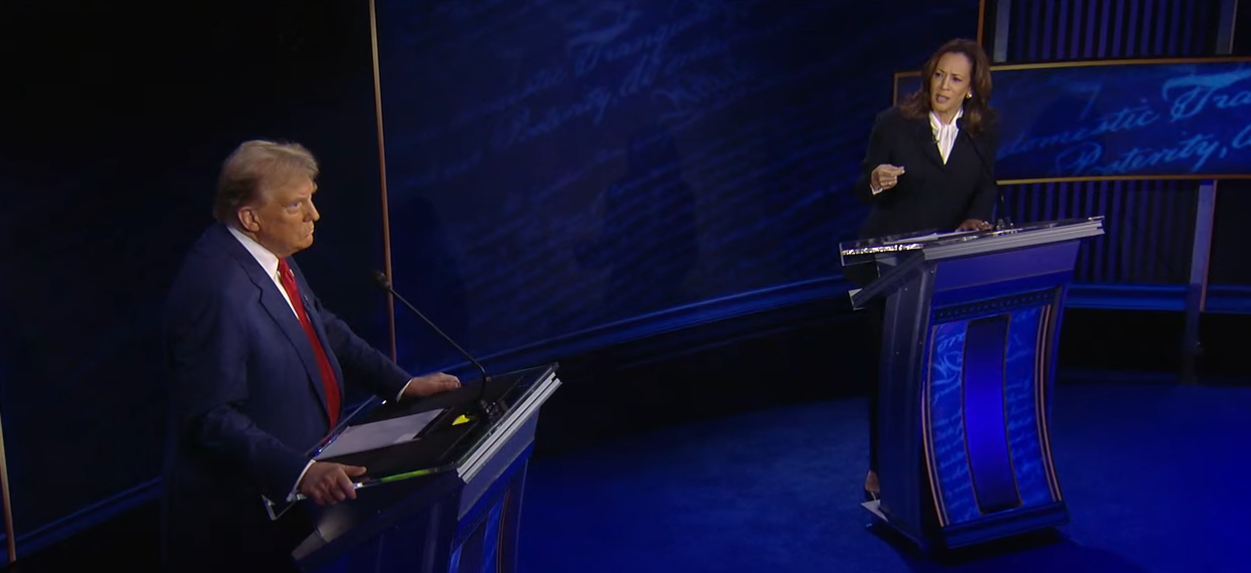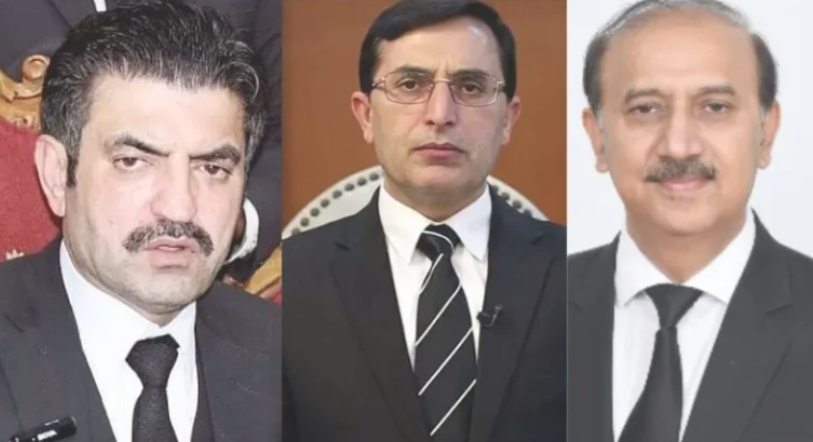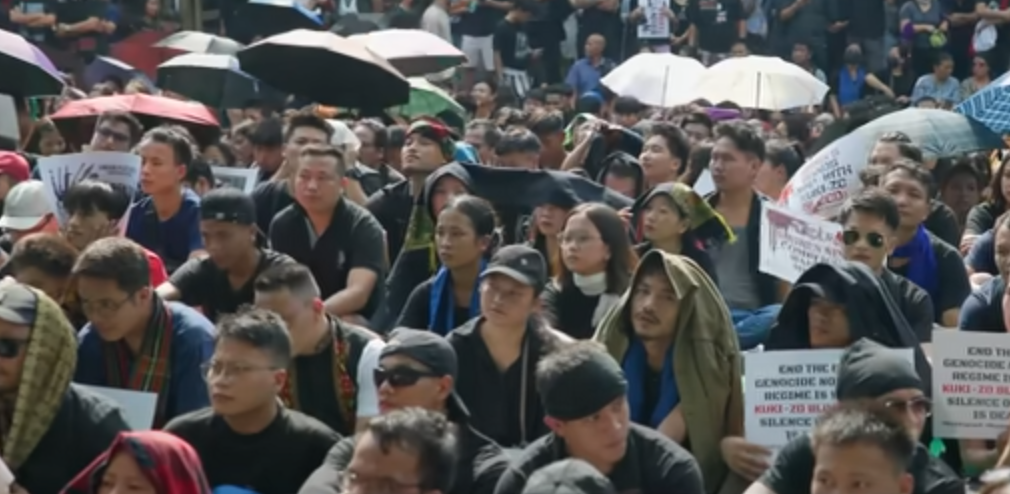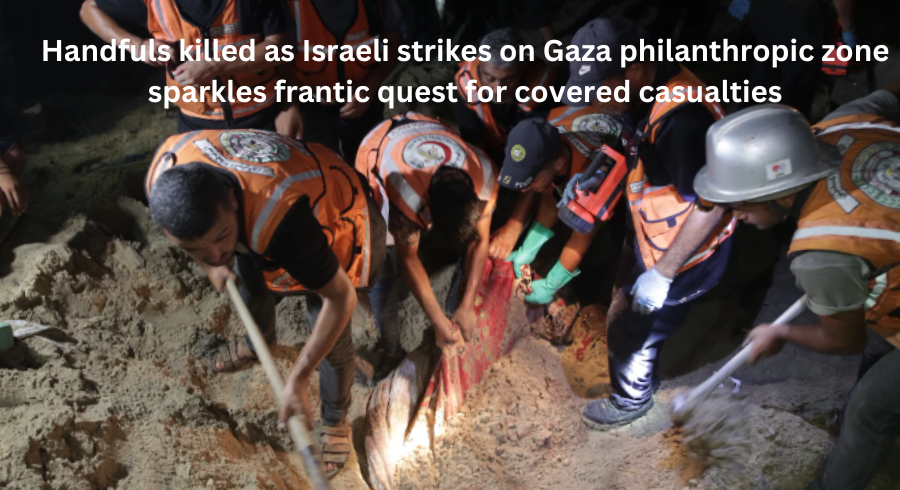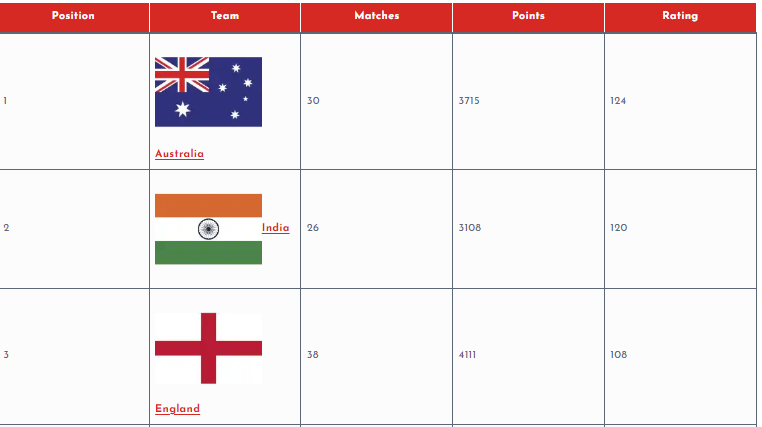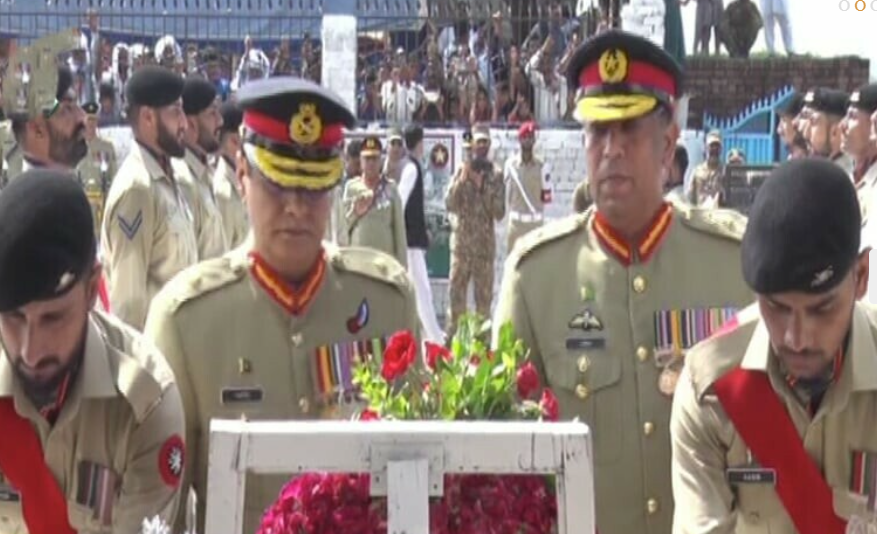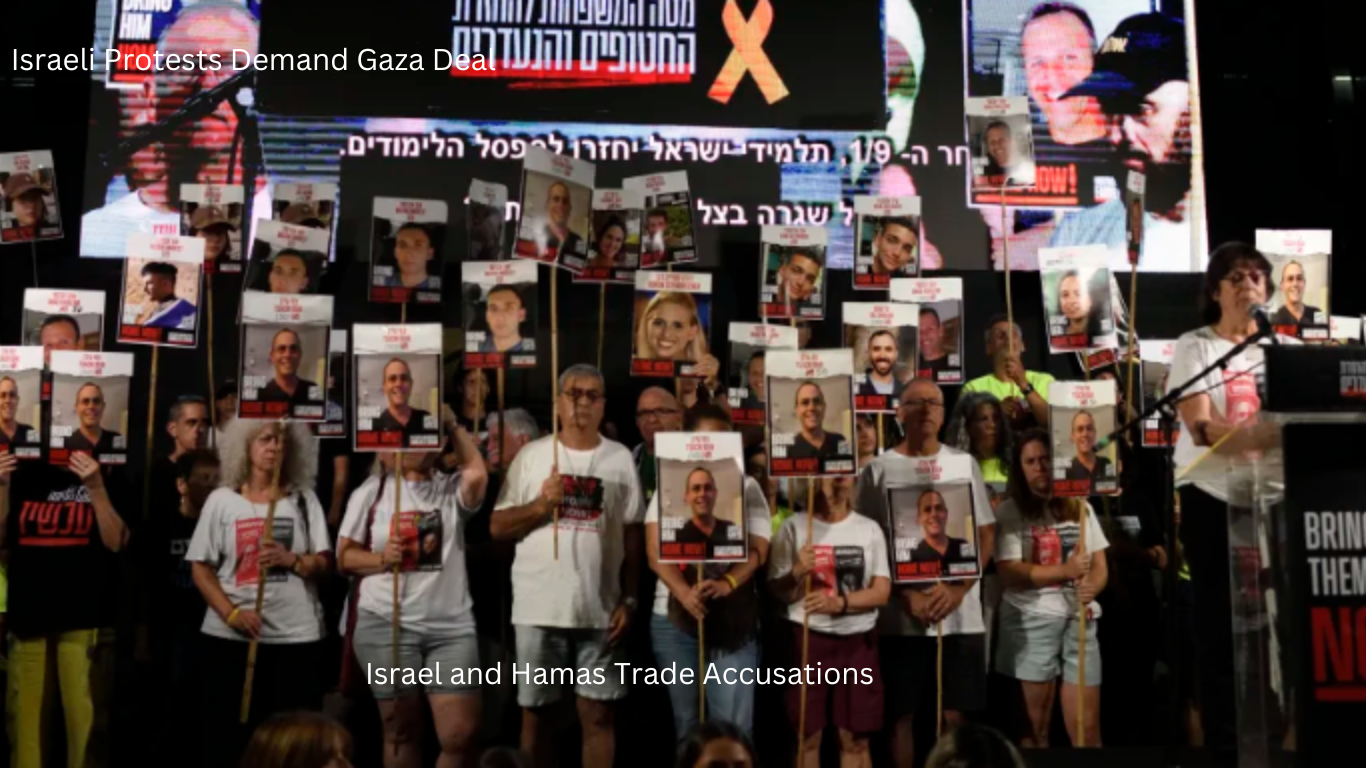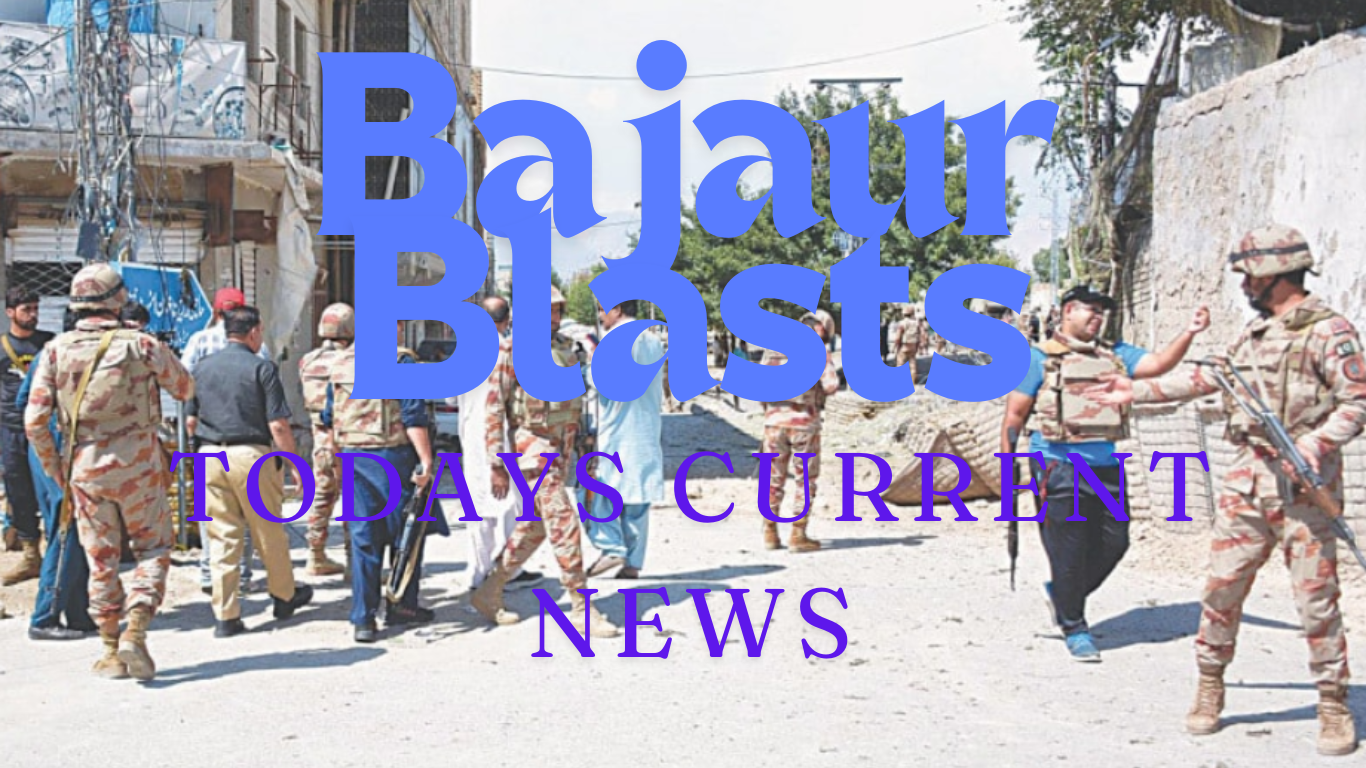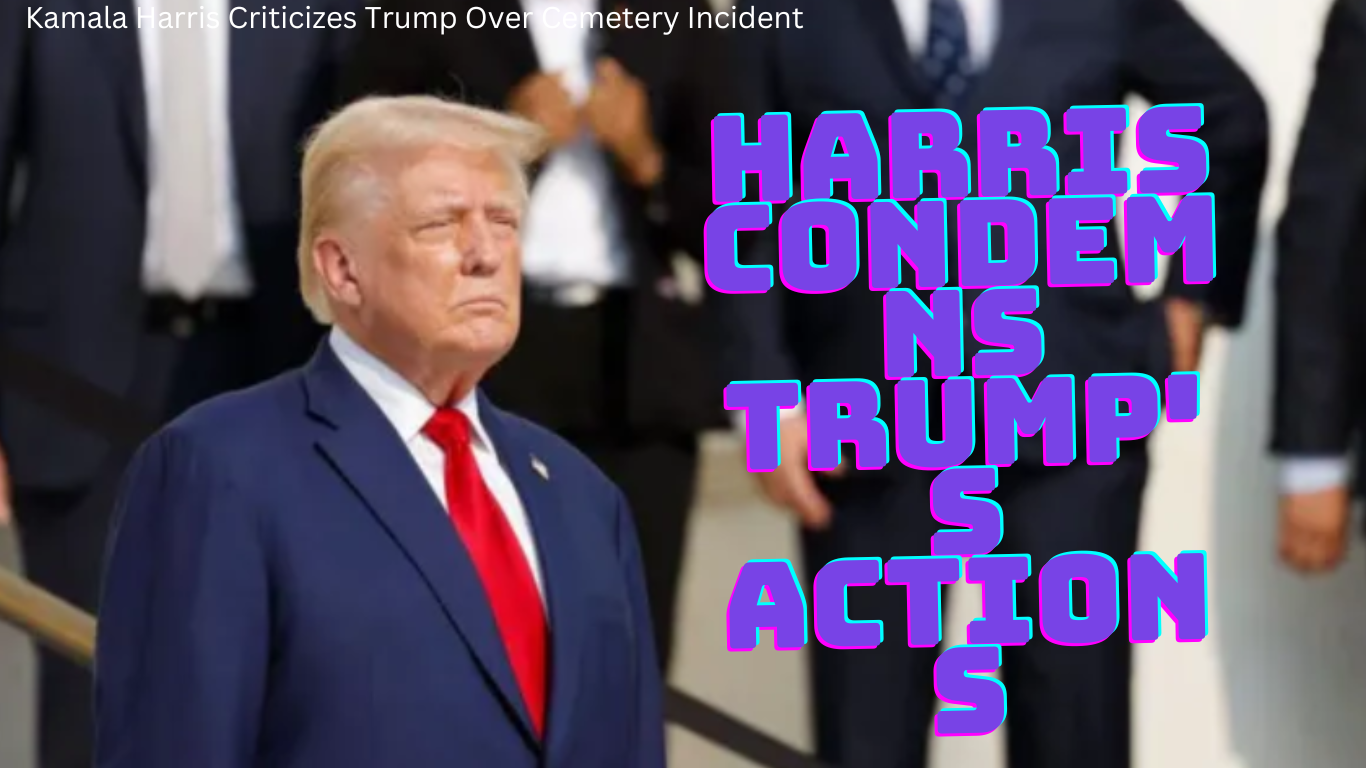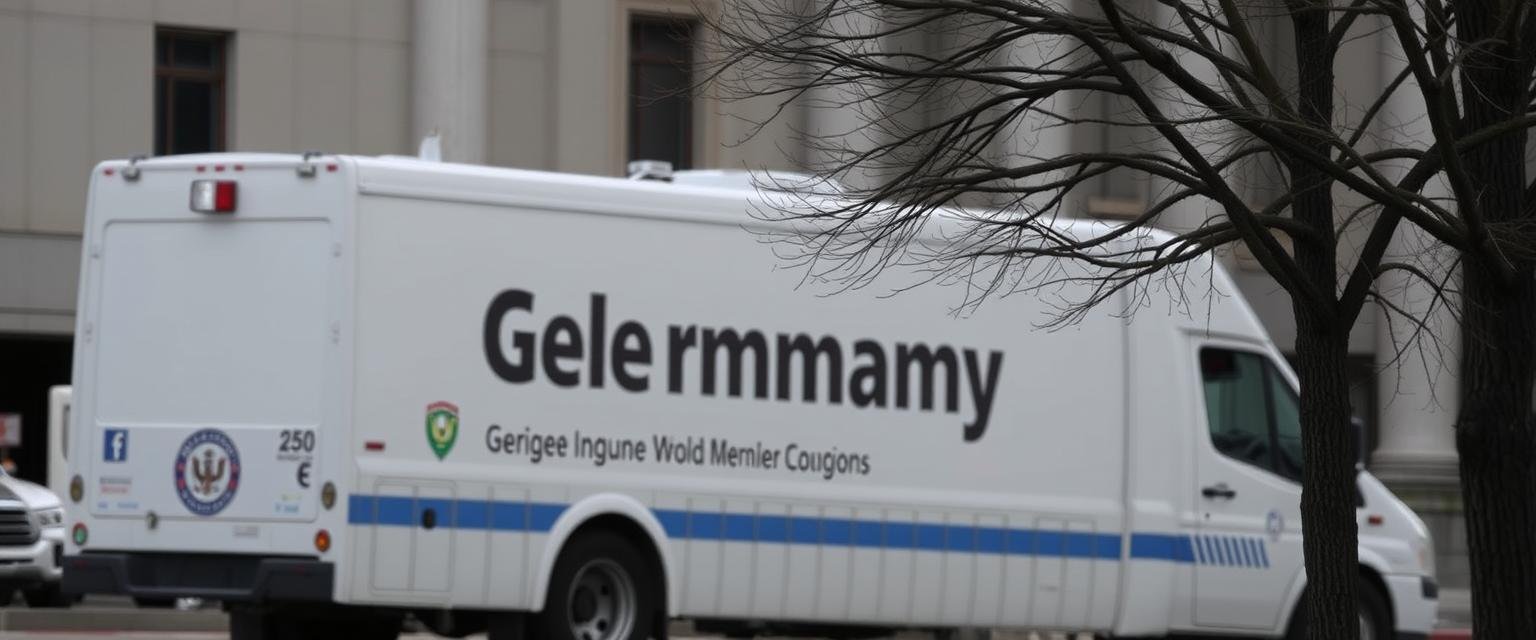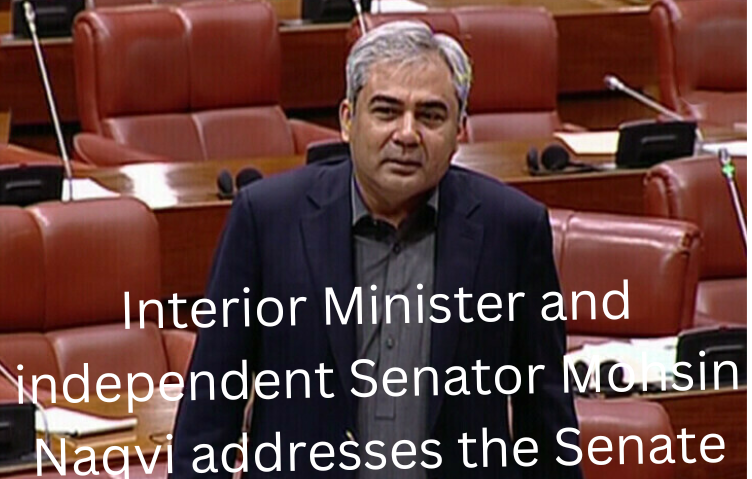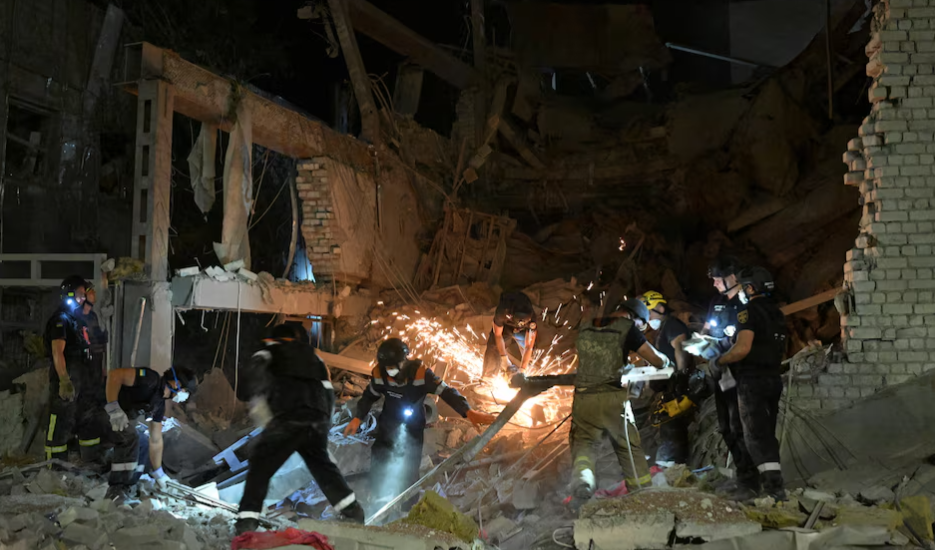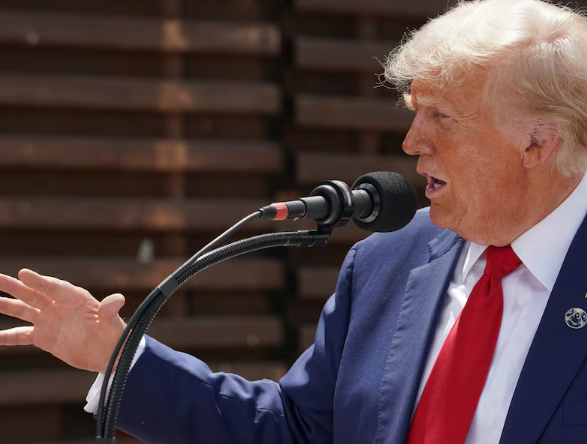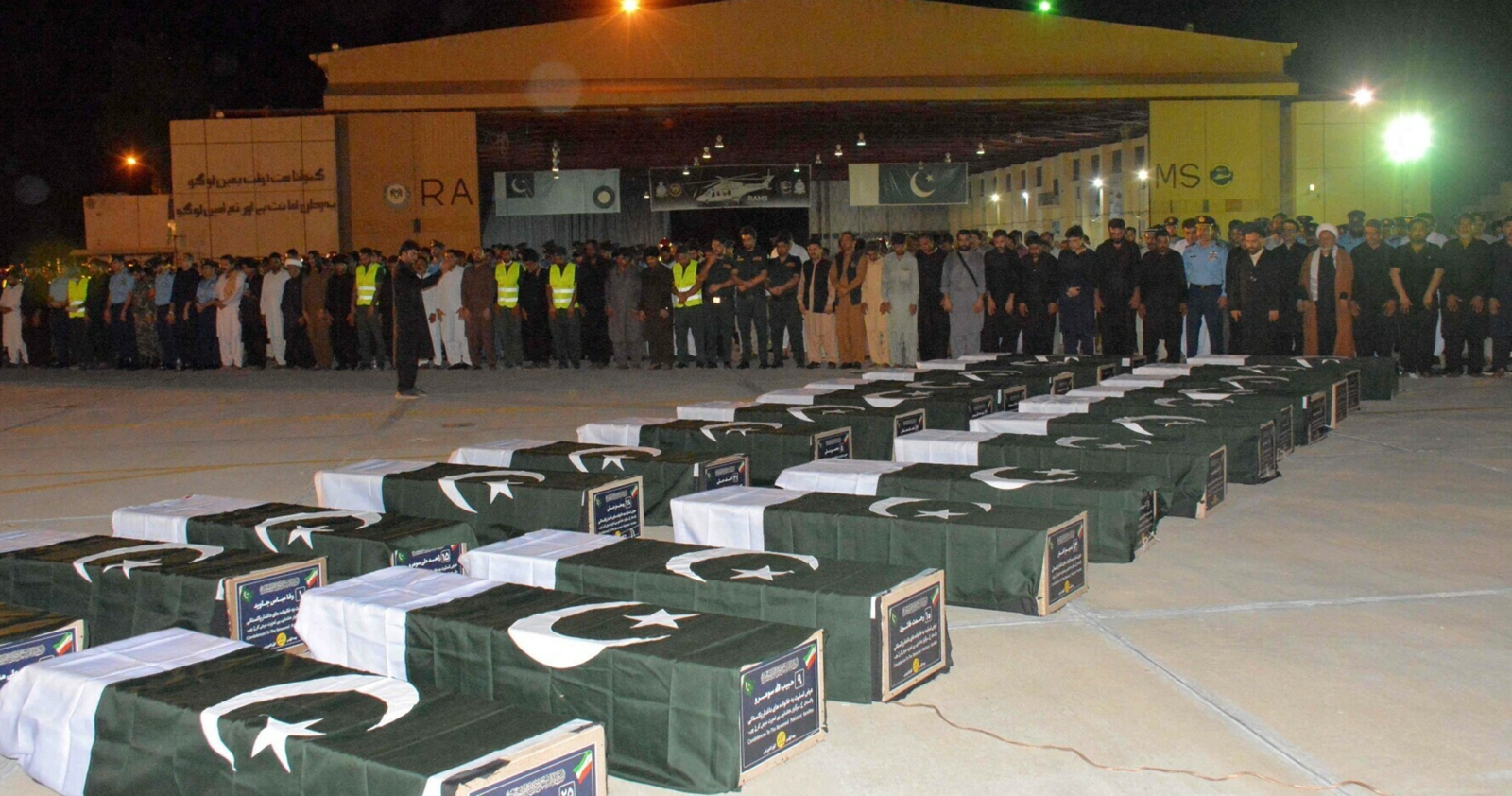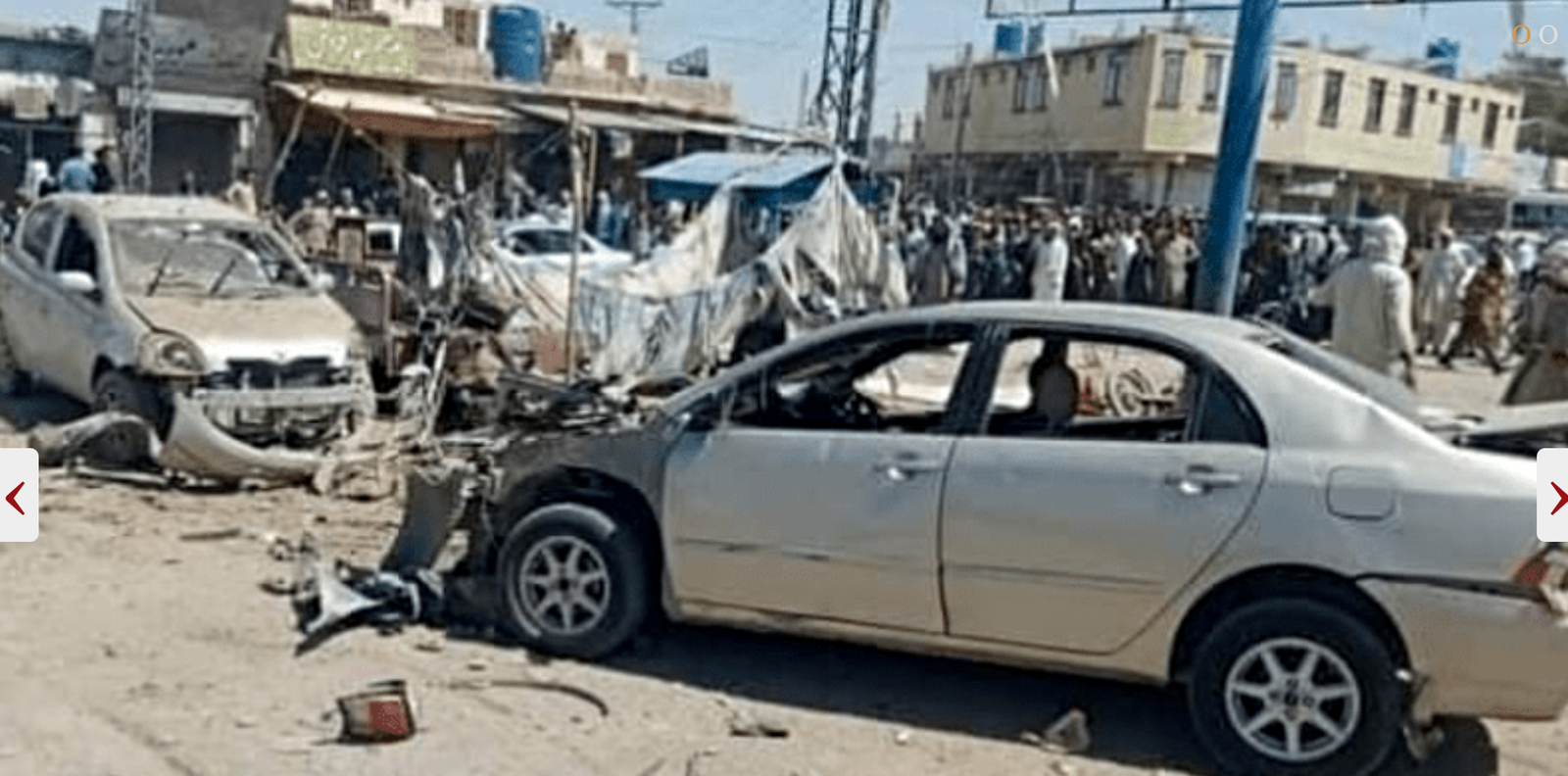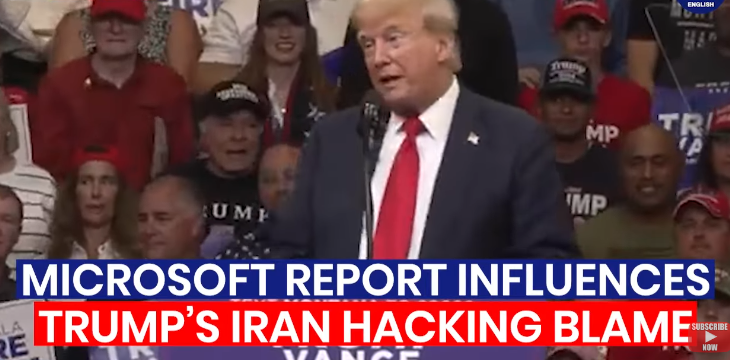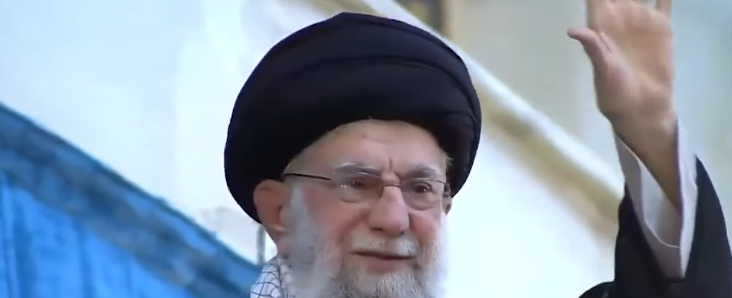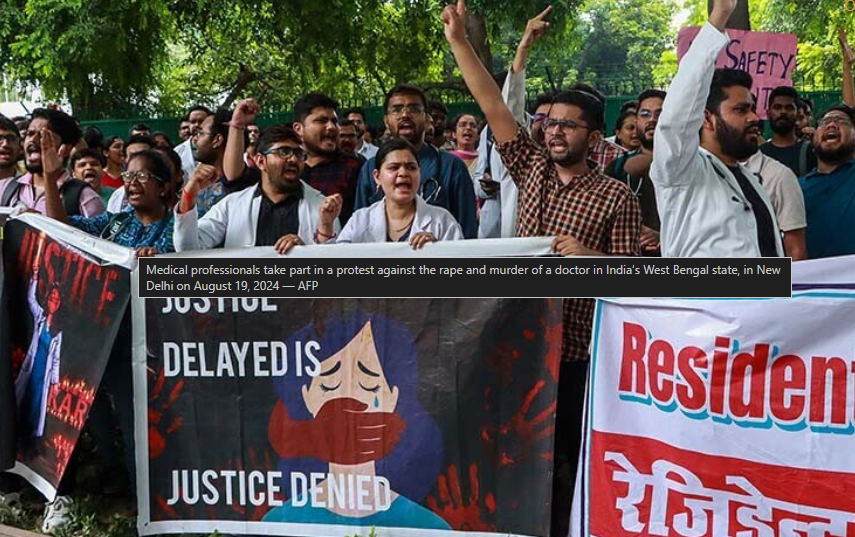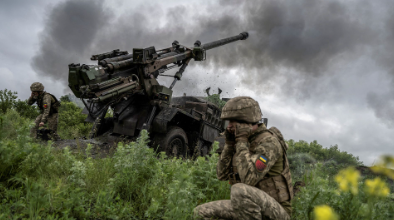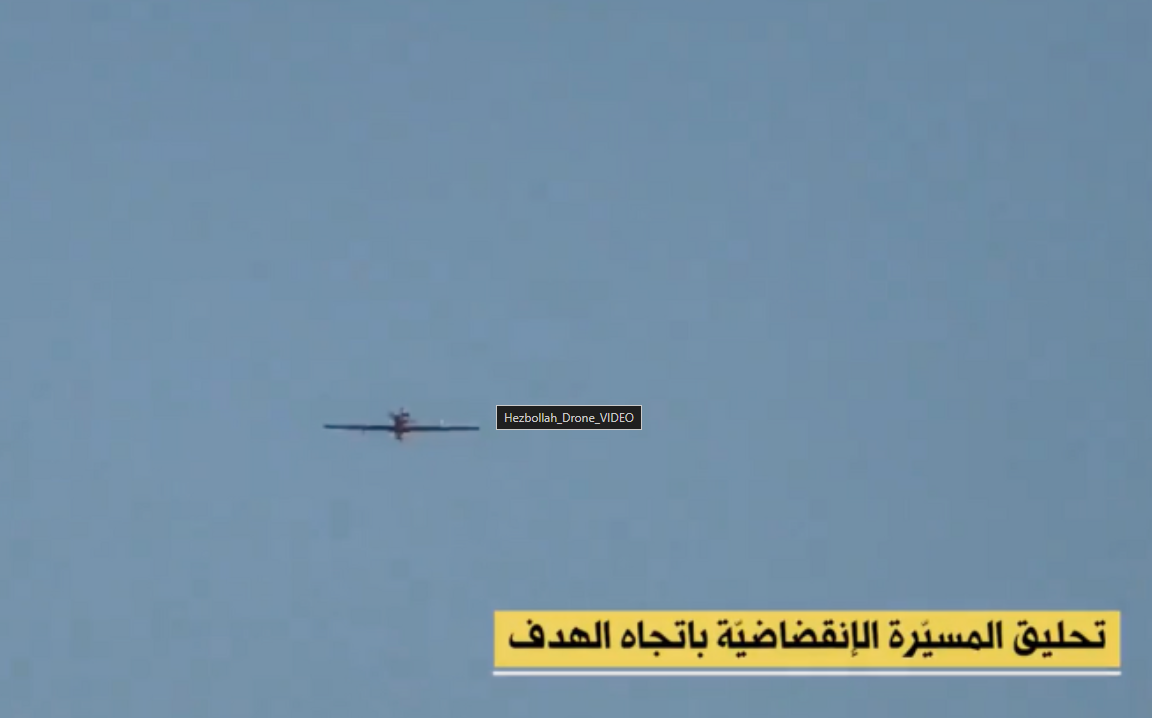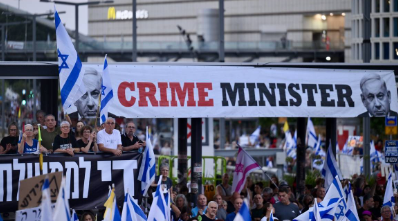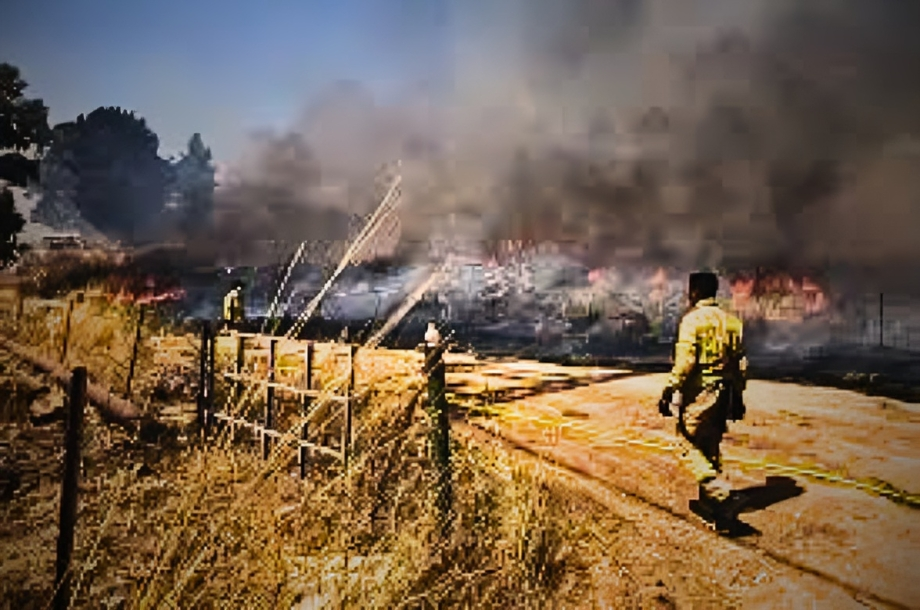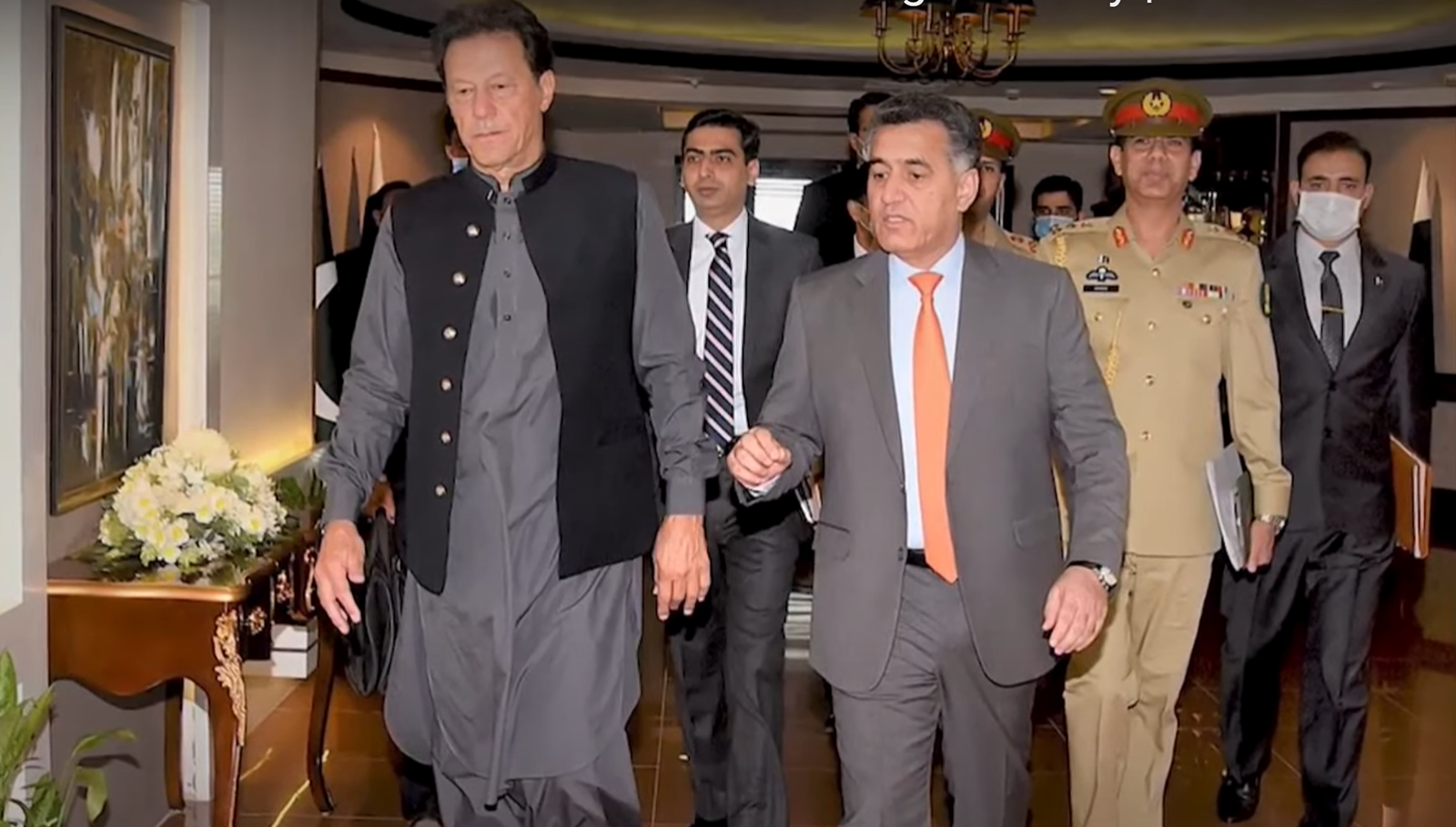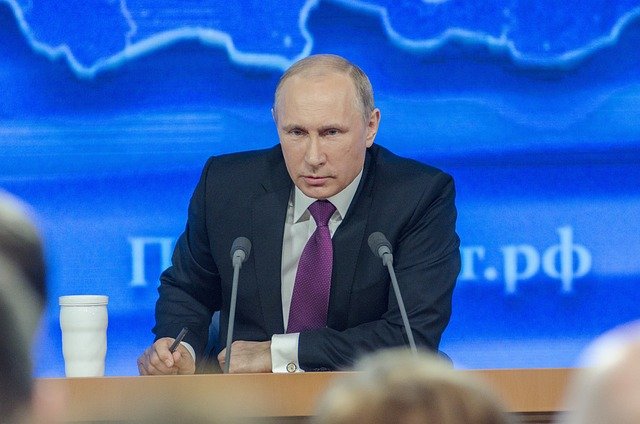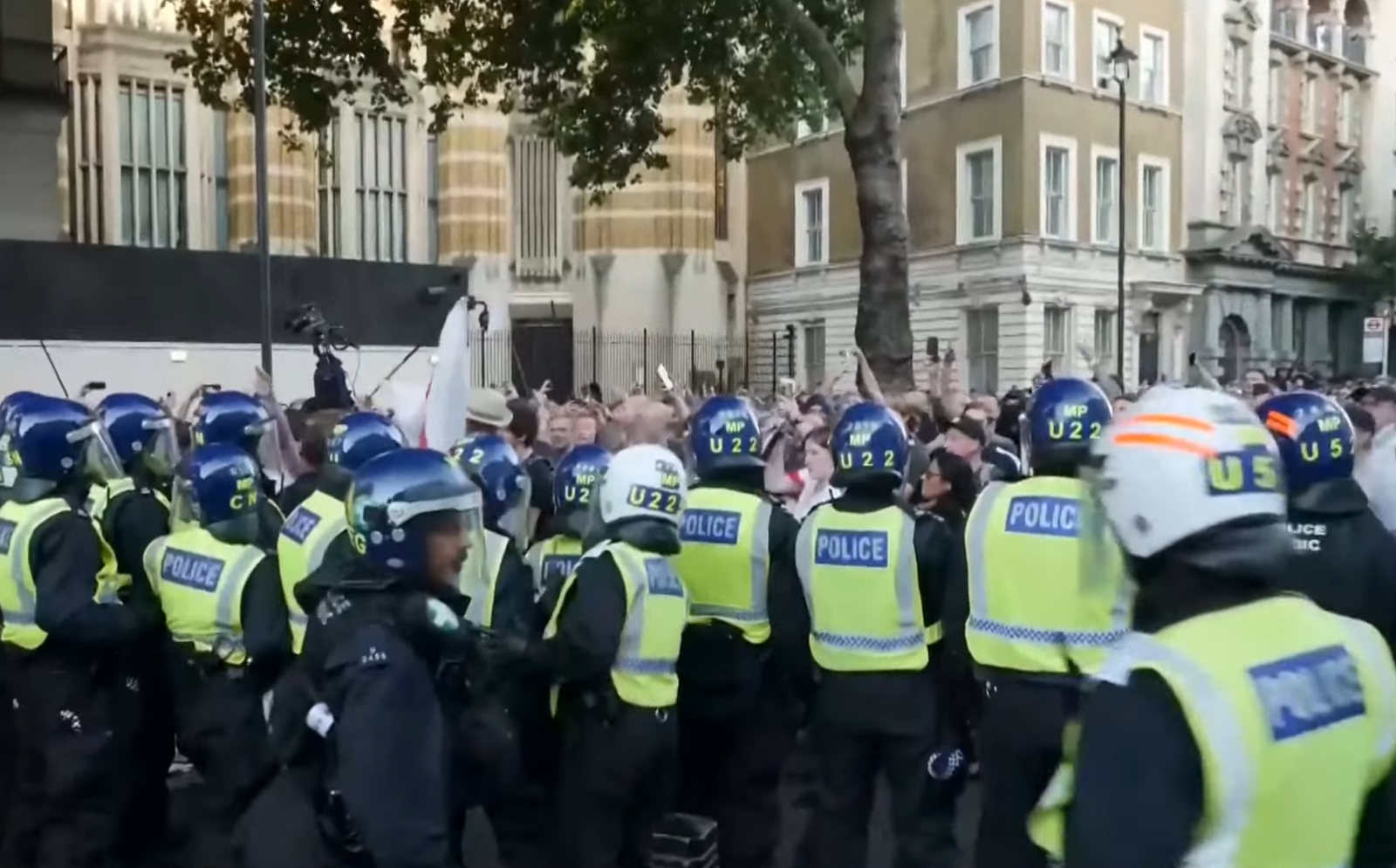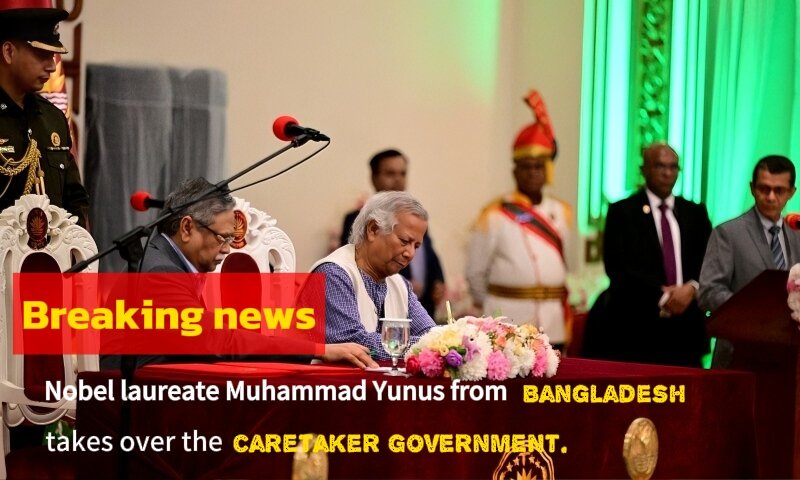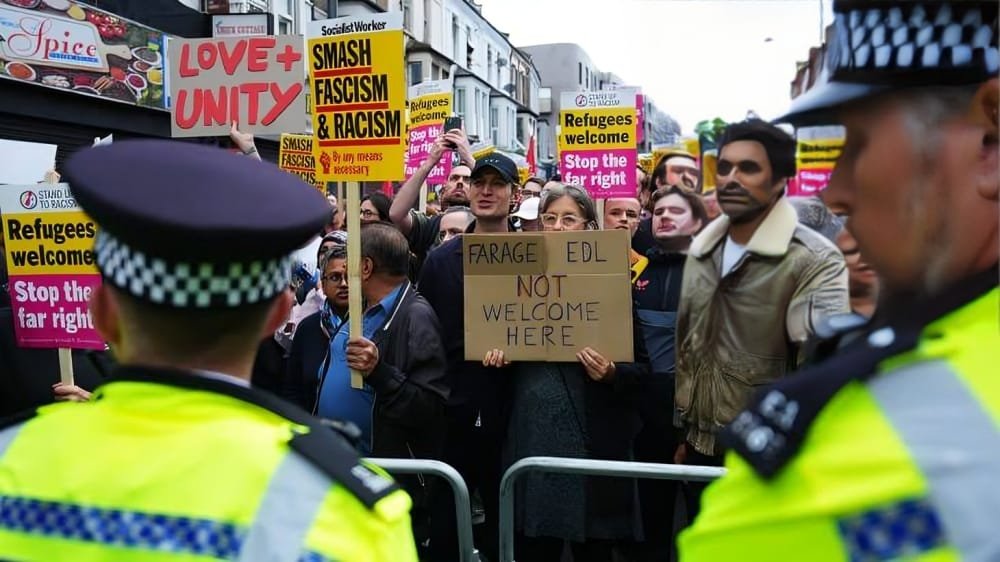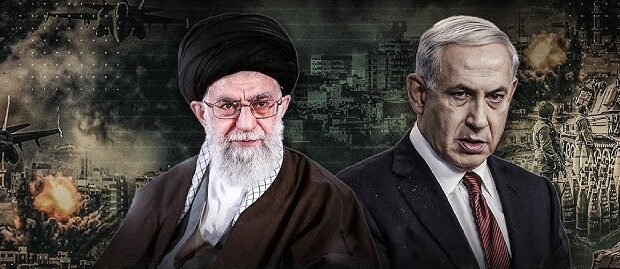
Only a ceasefire deal in Gaza stemming from hoped-for talks this week will prevent direct retaliation by Iran against Israel for the assassination of Hamas political leader Ismail Haniyeh on its soil, according to three senior Iranian officials. This statement indicates a reduction in Iran’s previously reported intention to attack before Thursday’s talks.
A senior Iranian security official stated that Iran and its allies, including Hezbollah, would launch a direct attack if the Gaza talks fail or if Israel withdraws from the negotiations. The timeline for how long Iran will allow the talks to continue before responding was not specified by the sources.
Israel initially believed that Iran intended to attack before Thursday’s ceasefire talks. However, recent statements suggest that Iran may delay any attack until after the talks, and only if the talks fail to produce satisfactory outcomes for Iran.
Iran’s approach to potential retaliation against Israel. Initially, several reports suggested that Israel believed Iran was planning to launch an attack before Thursday’s renewed talks, which are focused on reaching a ceasefire and a hostage deal. However, recent comments from Iranian officials indicate a change in this strategy. The new position suggests that Iran may postpone any attack until after the talks have concluded. Furthermore, an attack would only happen if the negotiations fail to produce results that Iran finds satisfactory.
Iran has vowed a strong response to the killing of Ismail Haniyeh, which occurred during his visit to Tehran late last month, with Iran blaming Israel for the assassination. Israel has neither confirmed nor denied its involvement. In response, the U.S. Navy has deployed warships and a submarine to the Middle East to support Israeli defenses.
- Iran’s Vow of Retaliation:
- Background: Ismail Haniyeh, a prominent political leader of Hamas, was killed while visiting Tehran, the capital of Iran, late last month.
- Iran’s Reaction: Iran has publicly vowed to respond severely to this killing. This indicates that Iran is preparing some form of retaliation or action against those it holds responsible for Haniyeh’s death.
- Accusation Against Israel:
- Blame on Israel: Iran has accused Israel of being responsible for Haniyeh’s assassination. This accusation suggests that Iran believes Israel carried out or orchestrated the attack on Haniyeh during his visit to Tehran.
- Israel’s Response:
- No Confirmation or Denial: Israel has neither confirmed nor denied its involvement in Haniyeh’s killing. This non-committal stance is a common approach in sensitive security or military operations, where a country may avoid taking public responsibility to manage diplomatic or strategic consequences.
- U.S. Military Involvement:
- Support for Israel: In response to the heightened tensions, the United States has decided to strengthen Israel’s defenses. The U.S. Navy has deployed additional military resources, including warships and a submarine, to the Middle East. This deployment is intended to bolster Israel’s security and deter any potential attacks, possibly from Iran, in the aftermath of Haniyeh’s killing.
A situation where tensions are escalating between Iran and Israel following the assassination of a Hamas leader in Tehran. Iran has vowed to retaliate, and in response, the U.S. has taken steps to support Israel by deploying military forces to the region. Israel, meanwhile, has not publicly acknowledged any involvement in the assassination.










